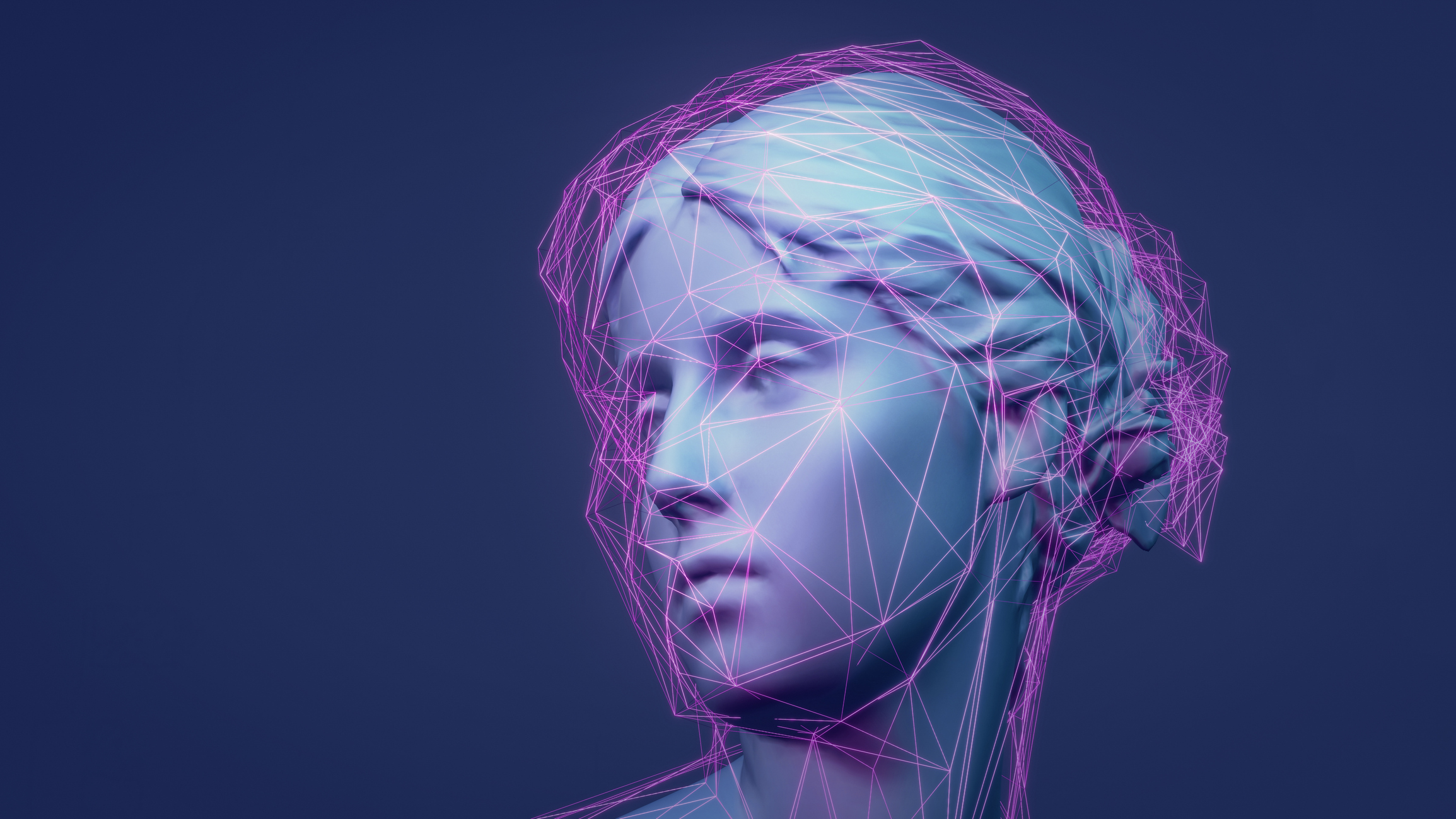Welcome to Startups Weekly, a nuanced take on this week’s startup news and trends by Senior Reporter and Equity co-host Natasha Mascarenhas. To get this in your inbox, subscribe here.
“San Francisco is back!”
“It never left.”
“It’s been long dead.”
They’re all takes, none particularly good, yet all insinuating a degree of self-importance that you, of all people, know when a city’s heart is pulsing in a way that should count.
To me, San Francisco, despite all the transience and frustration it’s been known to be associated with, feels like it never left. It’s too simplistic to believe that cities can leave our lives, disappear from culture or bid away relevance. I’m not saying that San Francisco didn’t legit have a mass exodus with empty storefronts and office buildings — that is very much a thing that happened. But people are slowly trickling back: According to Vox, citing LinkedIn data, “over the last 12 months, San Francisco has seen the second-biggest worker population gain of any area in the United States.”
It’s been felt. It feels nice to eavesdrop on conversations and hear people talking about the future, to see bookstores filled until close and to have a full schedule of networking events and happy hours. I’m constantly reuniting with people I’ve only known over Twitter DMs and bumping into people — an “I’ve lived here” milestone I’ve only dreamt of. Maybe it’s just the way I’ve been experiencing San Francisco, but it feels like the more social energy around us is less cocky, more present. Like, yes, there’s a huge hype cycle around AI and I think people are flocking to Hayes Valley for some reason, but from the smattering of founders I’ve had coffee with lately? They seem more focused on building than getting covered in TechCrunch pre-product. Maybe I’m just lucky, but I feel like the SF that is back feels more grounded, less boastful.
It makes me think: Cities never leave our lives, they simply teach us lessons about cyclic moments, transient friendships and how community can be fickle.
If you enjoy this newsletter, you should check out my personal blog too! In the rest of this newsletter, we’ll talk about pitch deck teardowns and artificial intelligence. As always, you can follow me on Twitter or Instagram, where I unfortunately don’t post about the demise of this city.
A Pitch Deck Teardown to start
It never hurts to be reminded that it’s important to eat your vegetables — and that is my lazy introduction into Haje Jan Kamps’ latest Pitch Deck Teardown on Spinach.io. Heh. As a reminder, this series includes a walk-through of startup pitch decks that includes areas of strengths, where there could be improvements and witty analysis all throughout.
Read the entire analysis here and remember: If you want your own pitch deck teardown featured on TC+, here’s more information. Also, check out all our Pitch Deck Teardowns and other pitching advice, all collected in one handy place for you!
- Why more startups are getting compliant
- Wait a secondary
- The individual mistake that tech startups are collectively making
- Venture funding has started flooding back in at least one area: Secondaries

The follow-up
As with every hype cycle, accountability and transparency is needed. TC’s Dominic-Madori Davis has written a pair of stories looking at how the artificial intelligence boom is sitting with historically underfunded minorities. There’s good news, and there’s bad. Let’s start with the good: First, women-founded AI startups are seeing a boost in VC funding. Heck yes. At the same time, the work is not done — bias continues to appear all through AI, from investments VCs make to the products that founders are building.
Here’s why this is important, in Davis’ words: “Discussions about diversity are more important than ever as AI enters a new golden era. Every new technology that appears seems to be accompanied by some harrowing consequence. So far, AI has contributed to racist job recruiting tactics and slower home approval rates for Black people. Self-driving cars have trouble detecting dark skin, making Black people more likely to be hit by them; in one instance, robots identified Black men as being criminals 9% more than they did white men, which would be put under a new light if judicial systems ever [began] adopting AI.”
- Hype machines
- Generative AI is building the foundation of proptech’s next wave
- AI is eating itself: Bing’s AI quotes COVID disinfo sourced from ChatGPT
- Google is losing control
- Also, follow Dom on Twitter! She’s amazing.

Image Credits: salihkilic / Getty Images
Etc., etc.
- Z5 Capital, a venture firm focused on enterprise startups based in the United States, is planning to raise a $25 million fund, according to SEC filings.
- Green Bay Ventures, a VC firm started by NEA co-founder Dick Kramlich and partner Anthony Schiller, has closed $90 million for a fresh investment vehicle, according to SEC filings.
- Overheard at a San Francisco happy hour: “You know, some people think Adobe is a startup.”
- If you missed Startups Weekly last week, catch my last issue here: “Dear founders, returning to the office is a numbers game.”
- TechCrunch is coming to Boston on April 20. I’ll be there with my favorite colleagues to interview top experts at a one-day founder summit. Book your pass ASAP! Speakers include Techstars’ Kerty Levy, Construct Capital’s Dayna Grayson and NFX’s James Currier.
Seen on TechCrunch
Can you take back a gift? FTX thinks so
Yahoo will lay off 20% of staff, or 1600 people
In a trademark battle between an NFT artist and Hermès, the artist just lost
Meet the prolific Russian espionage crew hacking spymasters and lawmakers
Pipe has a new CEO from Block, months after founding team announces departure
Seen on TechCrunch+
How to think about your business model as part of a VC pitch
For startups, ‘we haven’t spent a penny on marketing’ isn’t always a good thing
Dear Sophie: Will published articles better my odds of getting an O-1A or H-1B visa?
After a record 2022, 8 investors explain why it’s ‘still just Day 1’ for Africa’s startup ecosystem
Edtech reacquaints itself with fintech
Chat next week,































Comment